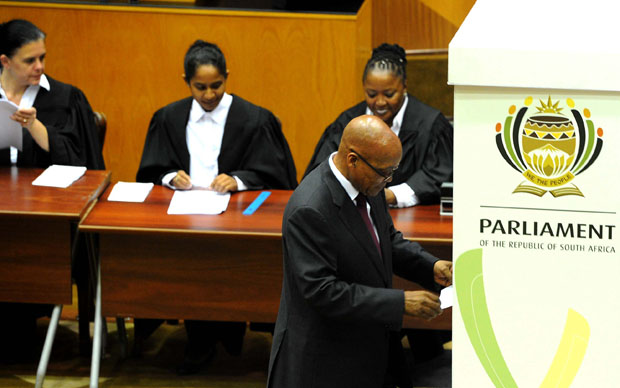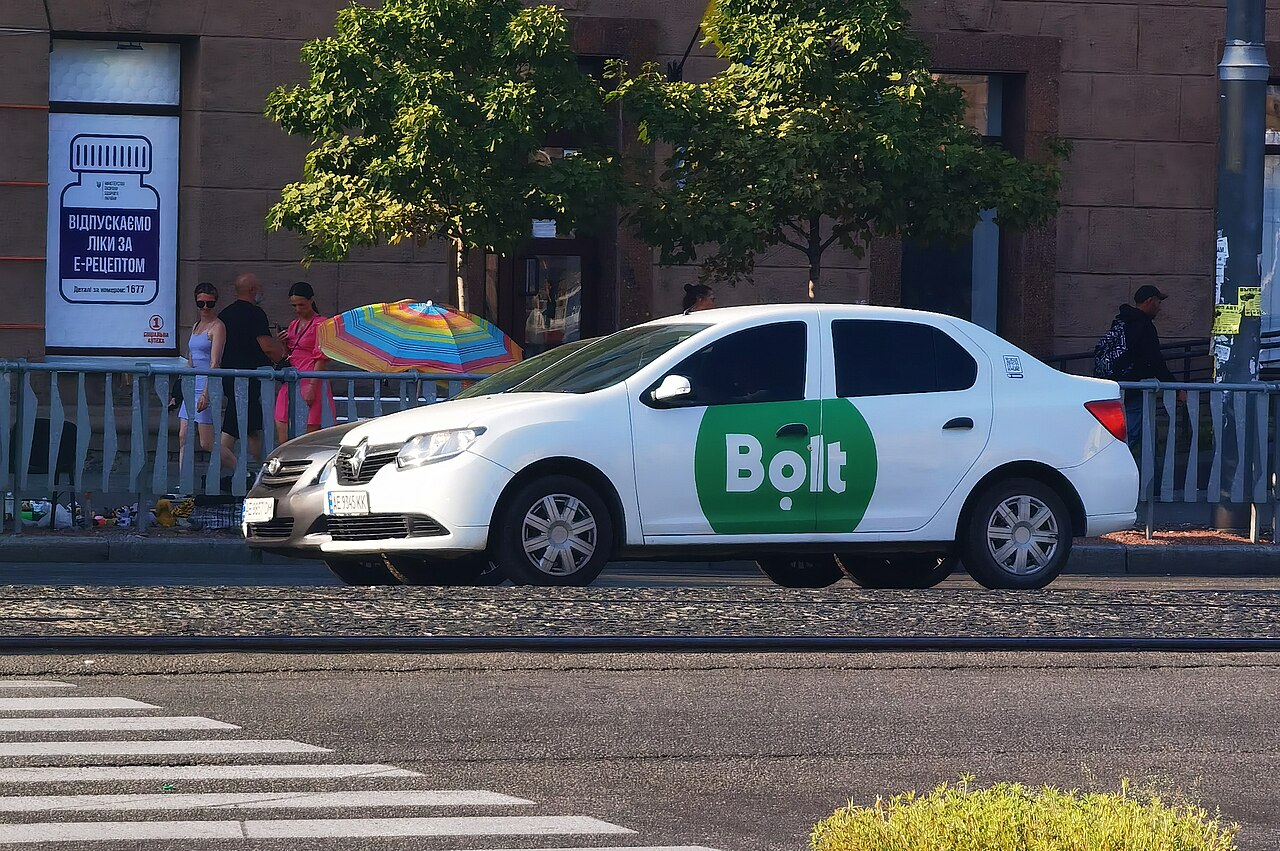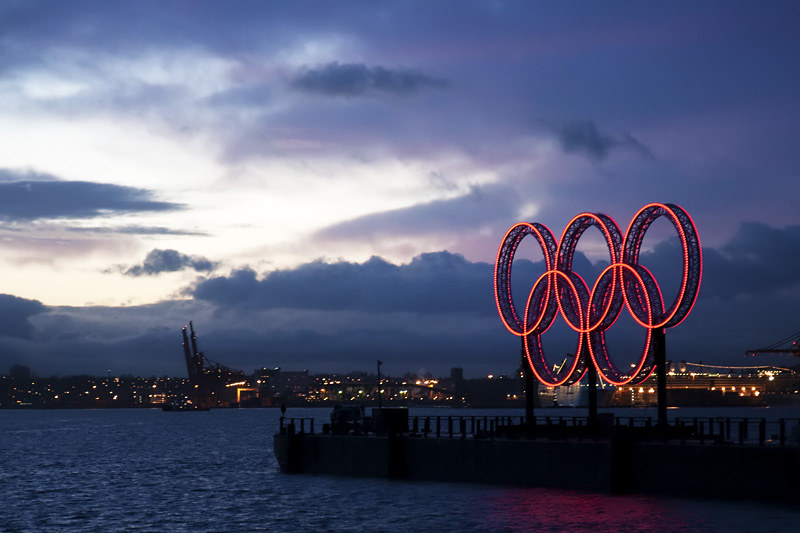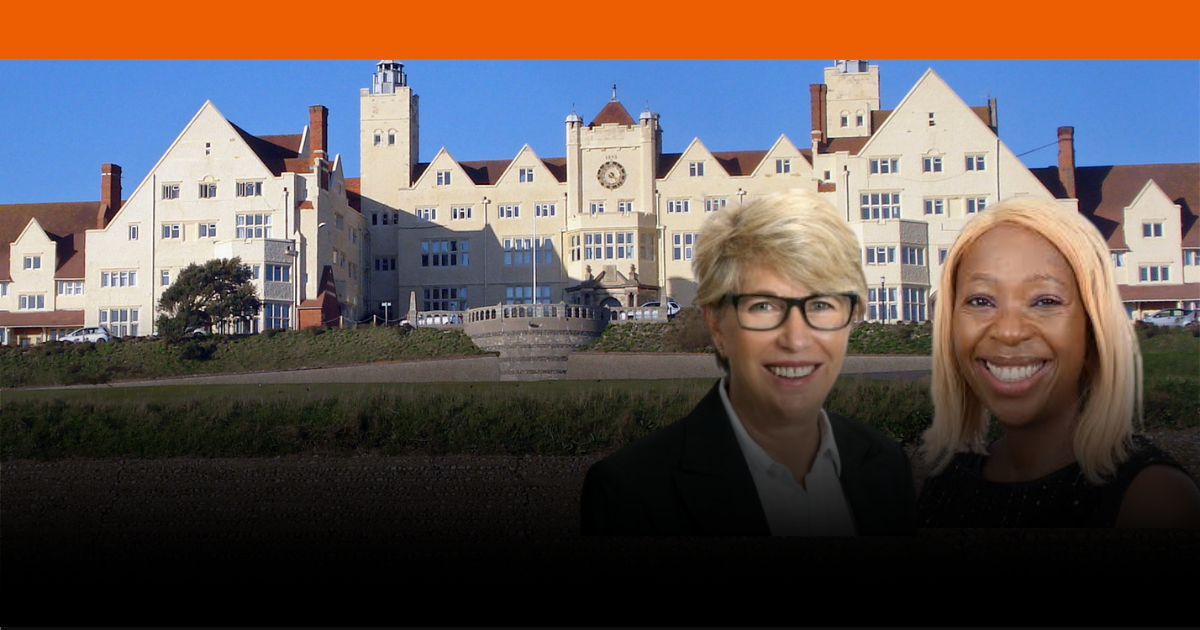South Africa’s political landscape is buzzing with trepidation and (as always) a pinch of drama as the first sitting of the newly elected Parliament is set for Friday, 14 June. With former President Jacob Zuma’s MK party throwing a legal spanner in the works, it’s shaping up to be a week to remember.
The inaugural session of Parliament, announced by Chief Justice Raymond Zondo, marks the beginning of the seventh administration following the country’s most contested elections in the 30 years since democracy.
The proceedings will include the swearing-in of new Members of Parliament (MPs) and the election of the president, Speaker, and Deputy Speaker of the National Assembly.
Government of National Unity: The Likely Possibility?
With the ANC taking a bit of a bruising in the recent elections, garnering only 40% of the vote, the idea of a Government of National Unity (GNU) is not just a pipe dream—it’s a real possibility.
Reports suggest that the ANC is courting the Democratic Alliance (DA), which snagged 21% of the vote, and the Inkatha Freedom Party (IFP), holding a modest 3.9%. This would place the three parties, which together enjoy 65.9% support in Parliament, in the fast lane to form the core of the ANC’s proposed government of national unity.
The Economic Freedom Fighters (EFF), Patriotic Alliance, and even the uMkhonto we Sizwe (MK) party were mentioned in these coalition whispers, but the EFF and MK have rejected the proposition of a GNU, opening the door to cooperation between smaller parties.
Some news reports stated that if a GNU is formed, IFP president Velenkosini Hlabisa would serve as a second deputy president alongside Paul Mashatile. However, constitutional law professor Pierre de Vos has made it clear that this is “wrong reporting”.
“Section 91(1) of the Constitution makes clear there can only be one deputy president,” says De Vos.
The First Sitting: What’s the Agenda?
This much-anticipated first sitting is quite a ceremonial affair. Zondo will oversee the swearing-in of MPs, ensuring everyone raises their right hand and repeats the solemn oath to perform their constitutional duties.
Subsequently, MPs will elect the Speaker of the National Assembly, who will then oversee the election of the Deputy Speaker. Chief Justice Zondo will return to the spotlight to supervise the election of the President.
Following the National Assembly, the first sitting of the National Council of Provinces (NCOP) is expected to occur on Saturday, 15 June. Provincial legislatures will also convene to swear in their members, elect Speakers, and appoint Premiers.
MK Party Stirring the Pot: Boycotts and a Legal Showdown
The MK party, led by the ever-controversial Jacob Zuma, has decided to boycott the first sitting. MK has even gone to the Constitutional Court, seeking an urgent interdict to halt the swearing-in of new MPs and the election of the President. Their gripe? Alleged election fraud and rigging.
The MK party, which secured 14.5% of the vote, is suing based on possible election fraud and unresolved objections.
[BREAKING] The uMkhonto WeSizwe Party has filed an urgent application at the Constitutional Court seeking to interdict the first sitting of parliament this Friday. TCG pic.twitter.com/iMH9URrQty
— EWN Reporter (@ewnreporter) June 11, 2024
In a fiery letter to Parliament, the MK party’s advocate, Nqobile Zungu, insisted that without their 58 members, the National Assembly can’t lawfully conduct business.
Despite these claims, legal experts affirm that the election of the president and other parliamentary roles will proceed unaffected. The Constitution requires only one-third of the MPs to be present for the election process. With the MK party holding 58 seats, their boycott will not impact the quorum, which needs 134 MPs present.
Parliament’s chief financial adviser, Zuraya Adhikarie, confirmed that the session would continue as planned. She also stated that the MK Party’s travel and accommodation arrangements for Friday’s sitting have been cancelled so as to avoid ‘unnecessary expenditure’.
With the possibility of a coalition government looming large and the MK party’s legal manoeuvres adding to the suspense, the political landscape is more dynamic than ever. The events of 14 June will not only set the tone for the new administration but also test the resilience and adaptability of South Africa’s democratic institutions.




